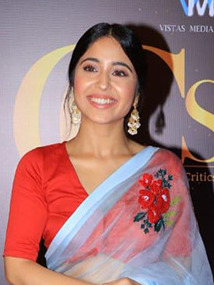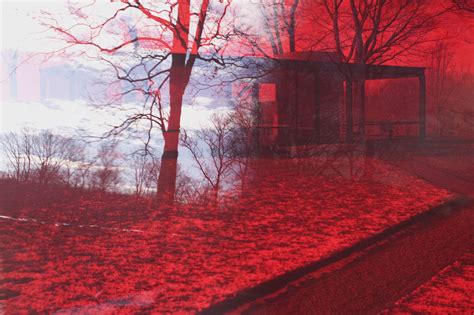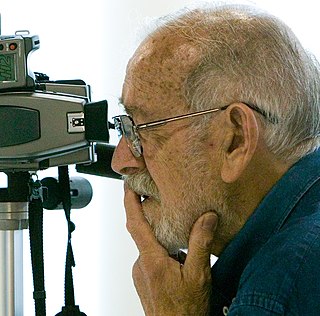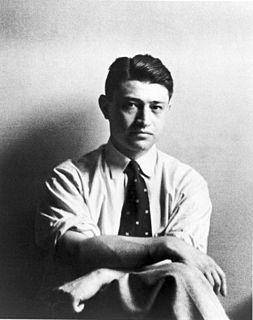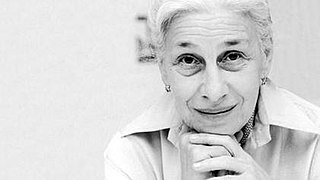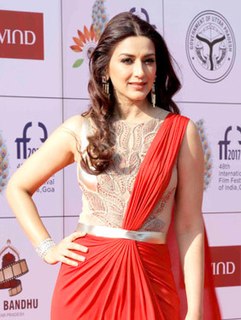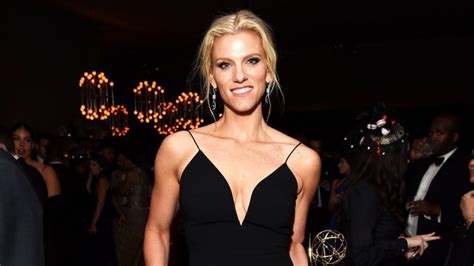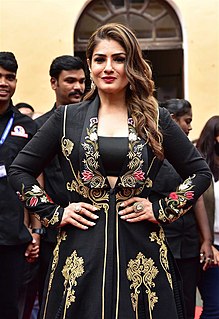A Quote by Shweta Tripathi
I was a photographer. That's how I began my career, behind the camera.
Related Quotes
... I think it is fair to say that all war photographers hide behind their cameras. I hid behind mine for years and years and years. It was a shield... I think that the photographer in combat has a greater protection than the soldier who has a rifle in his hand. That camera has unbelievable protective power.
Being behind the camera you have control; you have the ability to make decisions for characters, for where the story line's going to go, how you want to put it out there, how you want to edit it. Acting is like where you paint on the canvas, and being behind the camera is like being either the paint or the paintbrush. They're both a part of the creative process, it's just that they have two different functions.
When I first asked to take pictures of women at their homes, I was using my formal camera and I struggled to get the shots because I was still very much in the role of the photographer. Then the next time I had this little digital camera and their response to me would be completely different - I was a friend and I got new kinds of pictures. I was always treading a line between photographer and friend.
